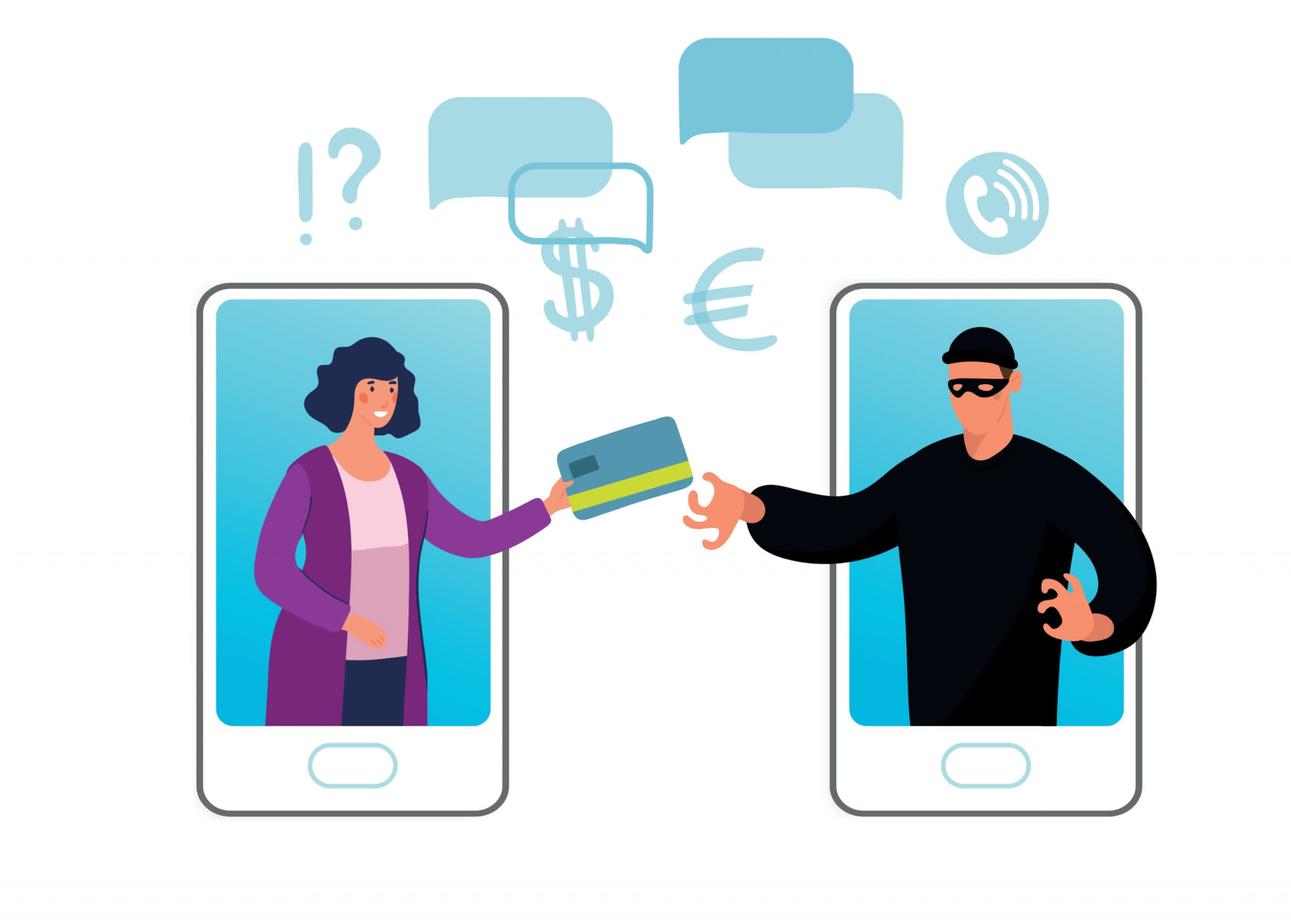In context: We all know not to open email attachments from people we do not know and to be careful when opening ones from people we do, but what about software from our phones app stores? There are 1.8 billion apps on Apple's marketplace alone. We have to trust our phone makers do a good job screening out malicious software, but no screening can be perfect.

An investigation by The Washington Post found that 18 of the 1,000 top-grossing apps in Apple's App Store were scams of one shade or another. For example, one QR code reader "tricked" users into paying $4.99 per week for a service that the iPhone's camera already does natively. Another app claimed to be a VPN but actually gave users false "virus" warnings, directing them to download an expensive and unnecessary program.
The report states these apps scammed customers for $48 million while they were on the storefront, of which the store took its 30 percent. Apple removed 12 of the 18 apps after WaPo contacted it about them.
"We hold developers to high standards to keep the App Store a safe and trusted place for customers to download software, and we will always take action against apps that pose a harm to users," Apple spokesman Fred Sainz told The Post. "Apple leads the industry with practices that put the safety of our customers first, and we'll continue learning, evolving our practices, and investing the necessary resources to make sure customers are presented with the very best experience."
The review: “This app forced me to give it a good rating before I could use it.”
— Kosta Eleftheriou (@keleftheriou) May 25, 2021
You: “Pfff, no one’s FORCING you!”
The app: 🤯 pic.twitter.com/R6ytFAguhU
Another finding in the report says that "fleeceware" is very common on the App Store. It defines fleeceware as apps that use illegitimate means, like fake reviews, to give themselves higher rankings in the store. These apps essentially steal sales from competing programs with legitimate customer bases and that might be cheaper or free to use.
Several apps also falsely claim to be affiliated with big-name companies like Samsung or Amazon to gain customer confidence. For instance, Samsung has a free TV remote app called SmartThings. Another developer had an app posing as the official SmartThings app but charged $20 for it. A careful customer might see through the ruse, but who knows how many users fell for the trick.
App scams have become a lucrative dark market thanks to the proliferation of smartphones. Some shady apps are relatively benign, while others manage to scam users out of money. It's worth mentioning that Apple is not alone. Google's Play store deals with the same issue. One Play customer, looking for a crypto wallet, got taken for $600,000 in bitcoin just last month.
Both Apple and Google have a vetting process for apps, but clearly, they are not perfect. Some apps will always make it through. That's the nature of the game, and 18 scams out of 1,000 apps is probably a reasonable effectiveness ratio. However, it does illustrate the need for consumer awareness and responsibility for limiting risk when it comes to app consumption. Just as one would be careful of frauds and counterfeits on eBay or Amazon, one should also be mindful of apps that might not be what they claim.
https://www.techspot.com/news/89962-almost-two-percent-top-grossing-iphone-apps-scams.html